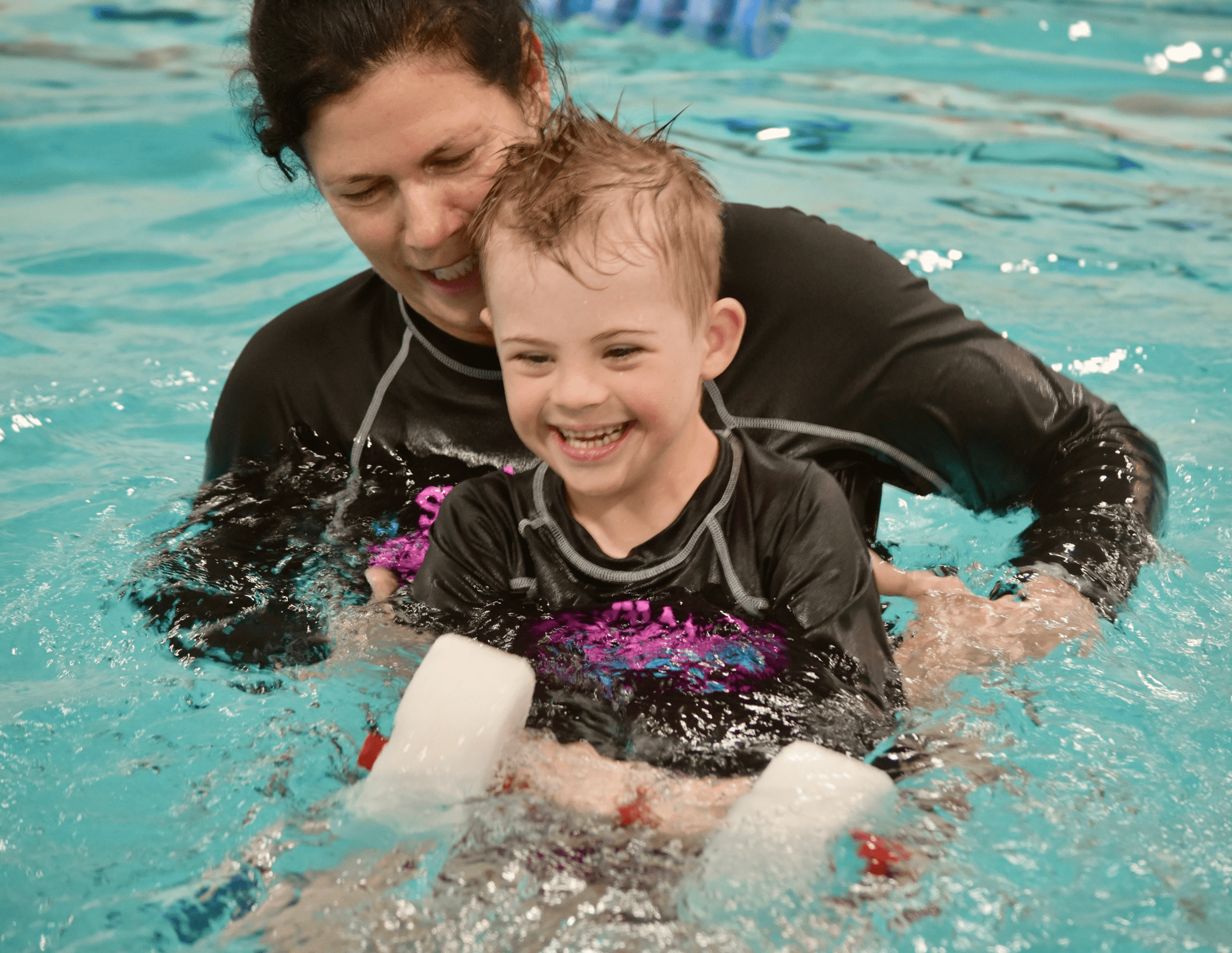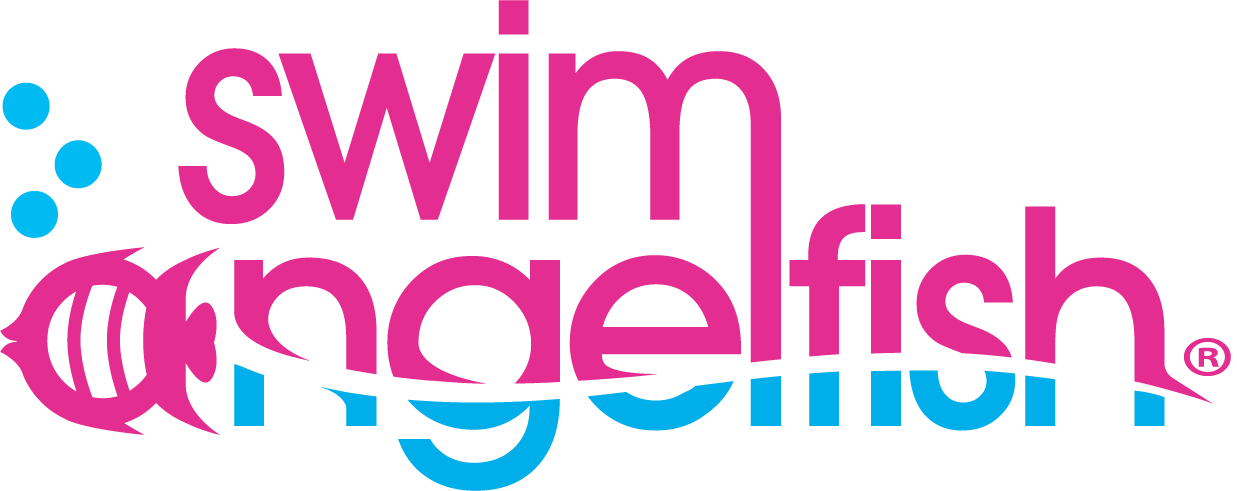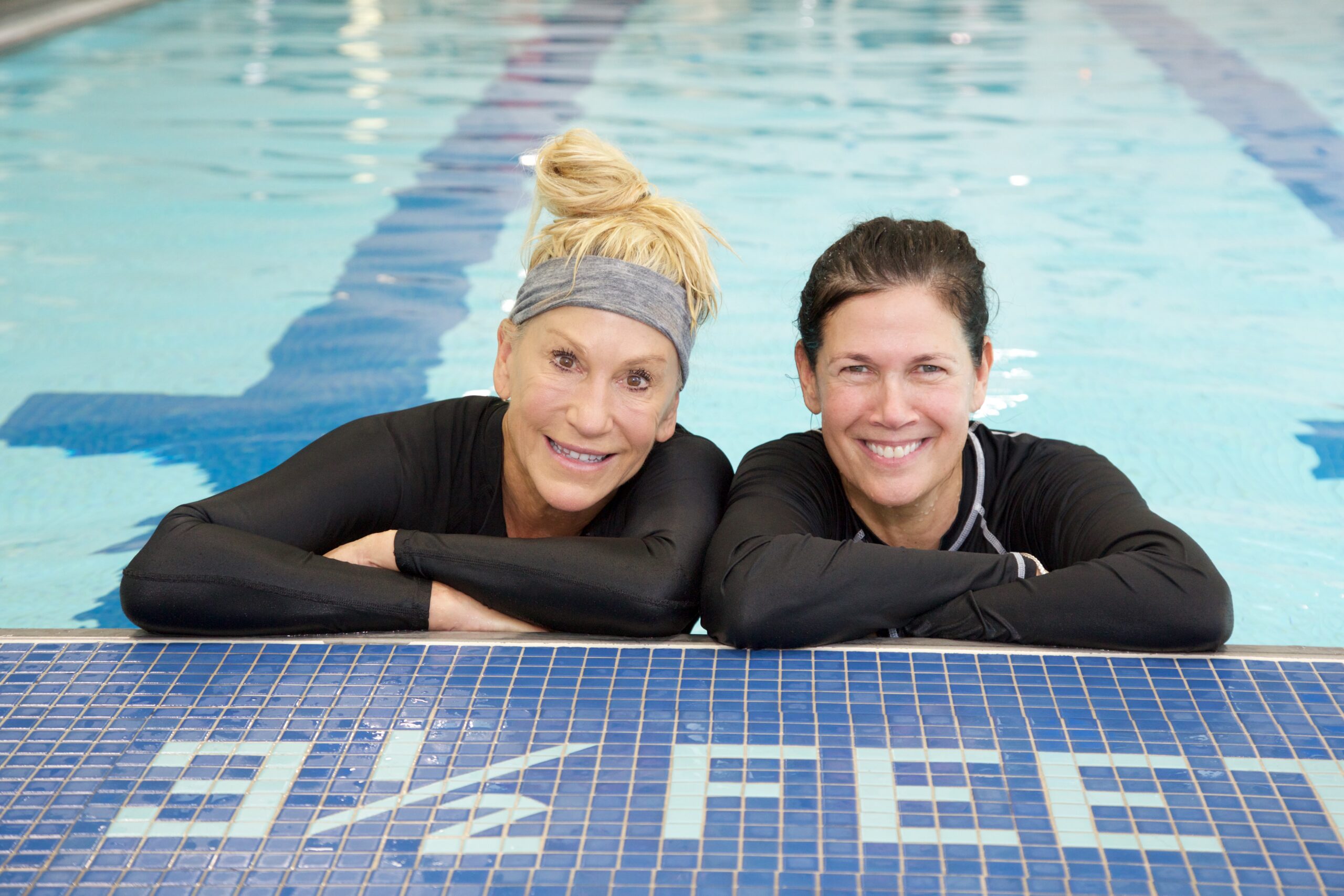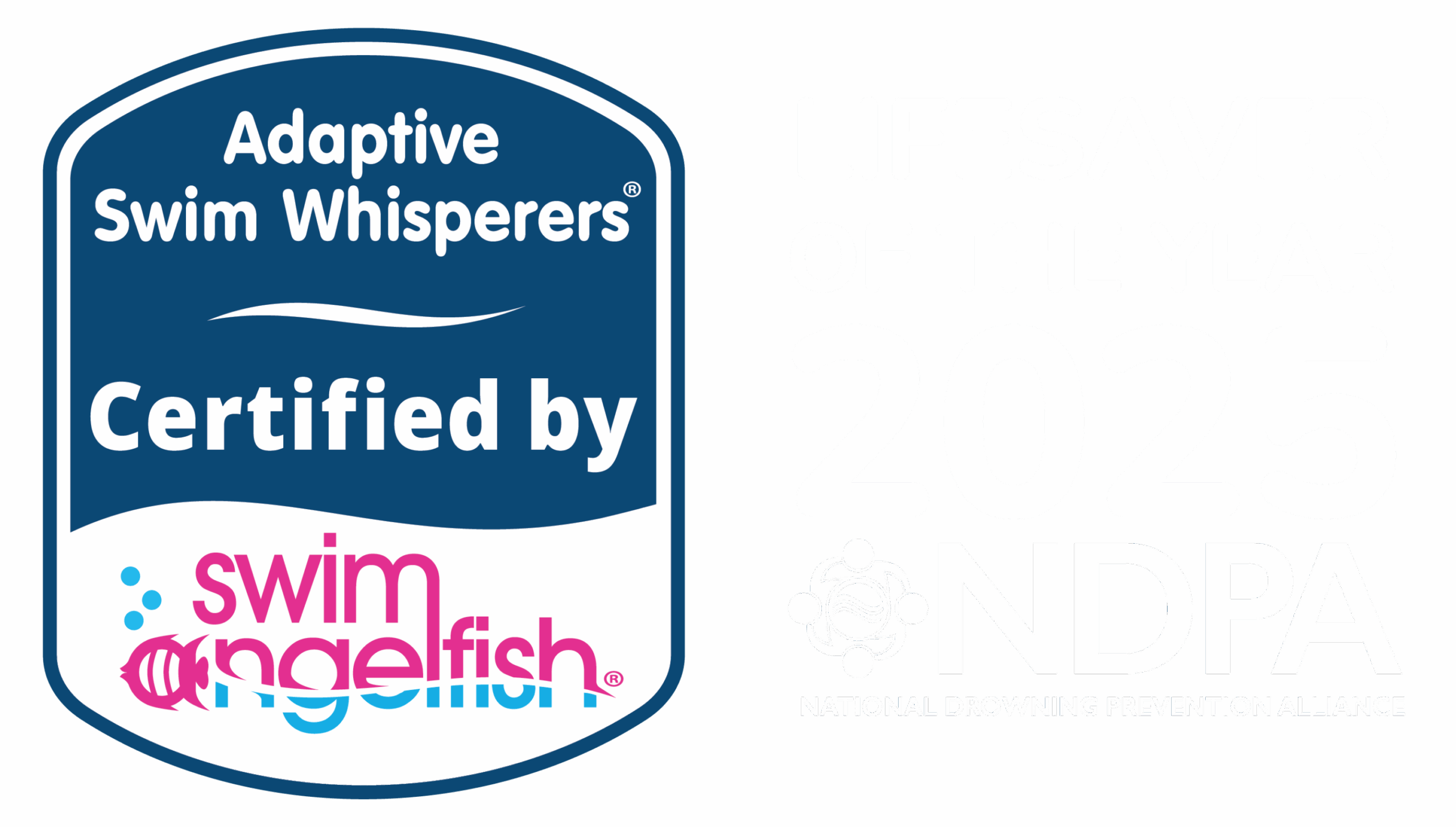Do you have a child that does not stop moving? Behaviors causing them to jump, yell, push, pull and display impulsive movements can lead to an accident or disrupt community or group situations. This can be particularly concerning, as well as a drowning risk if they are attracted to the water without having basic swim safety skills.
Aquatic therapy as a modality for highly seeking children with Autism can be a game-changer for prolonged self-regulation. Often the day after aquatic therapy, schools will report more success during ABA (Applied Behavior Analysis) sessions, better attention to directions and a decrease in challenging behaviors.
4 Proven Benefits of Aquatic Therapy for a Child With Autism
Why is pediatric aquatic therapy a good addition to land-based therapy sessions?
The ability to satiate the sensory system through aquatic therapy can have a positive impact on many things. It helps with decreasing the sensory seeking behaviors and helps to achieve therapy goals faster.
After experiencing aquatic therapy, parents and guardians often see a reduction in some behaviors such as: jumping up and down, fast walking, non-stop talking or stereotypical hand flapping. Many caregivers also report that they see an increase in attention and notice a quiet, calmer child.
There are 4 proven benefits of aquatic therapy for children with Autism:
- Improved self-regulation.
- Increased ability to pay attention.
- Reduction of sensory aversions i.e. certain clothing, food or even a haircut.
- Increased words or vocalizations.
There are 3 key elements of the water, that work together, to explain why aquatic therapy supports therapy goals for a child with autism; hydrostatic pressure, viscosity and surface tension of the water.
How Does Aquatic Therapy Support Speech Therapy?
Some children with autism have limited vocalizations or speak only a few words, and they will often show improvement in stringing words and sounds together after aquatic therapy.
Parents and caregivers often notice that their child is much more vocal or verbal and that their child’s speech therapist is reporting increased progress with oral motor skills that relate to speech.
This makes sense as you often use your mouth to suck, lick and blow the water. During aquatic therapy, the muscles surrounding your rib cage are working against the resistance of the viscosity of the water, strengthening your ability for deeper breathing patterns. Working to blow bubbles helps with controlled airflow for speech.
Positive Impact on Water Safety Skills
Did you know that drowning is the leading cause of death for children with Autism? Children who experience aquatic therapy are not only getting the therapy they need, but are also learning crucial water safety skills. During our aquatic therapy sessions, children and families are also taught critical rituals and routines for entering any body of water, which helps avoid potentially risky situations.
The properties of the water along with specific handling techniques by your pediatric aquatic therapist can prove to be a magical recipe for improvements in self-regulation, motor control and water safety. Sign me up!
